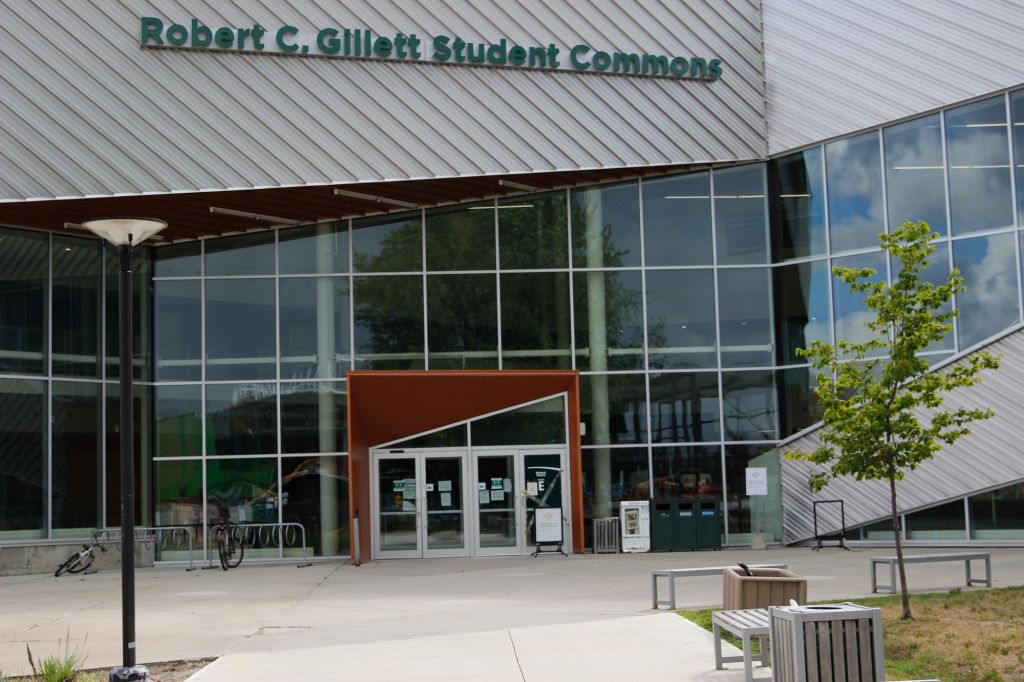Algonquin College faces $18.9 million deficit due to enrolment decreases and COVID-19 pandemic

A revised financial projection plan for Algonquin College’s 2020-2021 academic year was approved during a Board of Governors’ meeting on July 13.
When the 2020-2021 Projection Plan was first approved in February, it assumed a net contribution of $5.7 million. The college is now anticipating, as a worst-case scenario, a deficit of $18.9 million to remain operational.
The reason? The financial risks “resulting from enrolment decreases, insufficient financial support from the province, funding policies and pandemic-related costs being incurred by the college,” said Duane McNair, manager of Financial Services and Algonquin College’s treasurer.
“As expected, changes in our enrolment is really the most impactful part for the budget at this time,” said Grant Perry, the chief financial officer at Algonquin College.
Last year, there were fewer domestic enrolments but more international students, so the school was able to achieve its budget. These enrolment statistics help inform the current projection for the first quarter of the 2020-2021 fiscal year.
“The fall delivery assumes that it will be done remotely with some in-person classes being completed with physical distancing measures in place,” Perry said, “The winter term assumes domestic enrolment is slightly improved from the approved annual budget, however the international enrolment is reduced by approximately 24 per cent for level-one intakes.”
In this best-case scenario, the college continues to reopen into the fall and there is enough enrolment to achieve a budget that aligns with the Board of Governors’ Guidance set out in May. Moderate to worst case scenarios see a drop-off in enrolment due to limited face-to-face instruction and the COVID-19 pandemic. In both these scenarios, the college would achieve a budget in alignment with the Board of Governors’ Guidance.
Algonquin College has already spent money on the pilot programs that allow students to return safely to campus.
“Up to 20 labs and shops across four buildings at the Ottawa Campus were assessed and fitted up with the necessary modifications,” said Colin Bonang, the director of risk management. “Fitting up these spaces includes both physical adaptations and procedural measures. Physical distancing measures and signage were implemented throughout the included spaces.”
The college has been contributing to reserve funds for years, which they now intend to draw upon to meet the $18.9 million deficit they are facing. This includes a contingency reserve fund.
However, insufficient funds from the government and the cost of operating under the COVID-19 pandemic has put Algonquin College under significant financial stress.
The Projection Plan will be revisited more frequently than in previous years as the situation with the global pandemic continues to change.








